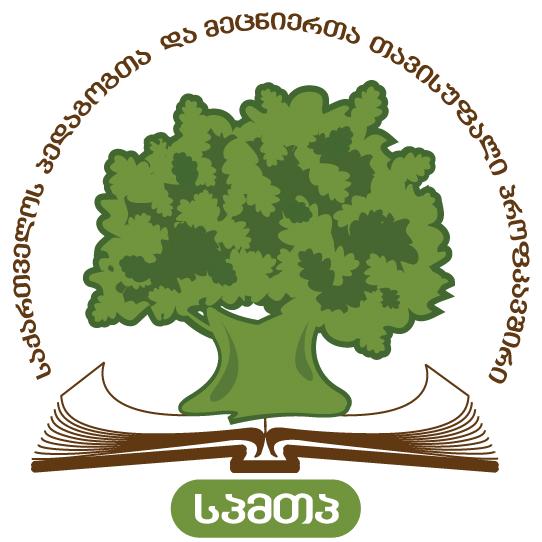
The National Trade Union of the upper secondary school teachers of Denmark (GL) in partnership with the Educators and Scientists Free Trade Union of Georgia (ESFTUG) begins the 18-month solidarity project – “Partnership on promoting education policy capacity, advocacy and school development in Georgia”.
The ESFTUG representatives’ visit program in Denmark included: introducing the activities of the partner organization-GL, as well as with the main directions of cooperation with the social partner - the Danish Ministry of Education.
For this purpose on 28 August, the representatives of the GL, the ESFTUG president, Maia Kobakhidze, the vice-presidents Mariam Alugishvili and Natia Kordzadze met Anegreta Larson, the head of the upper secondary schools of the Danish Ministry of Education, the social partner of GL. Anegreta Larson in detail introdused the members of delegationthe current processes and chalanges in the upper secendary school system, the successful results obtained from the cooperation with the social partner – trade union and the future vision of the system development. She noted that in cooperation with the trade union, with the joint activities, they achieved that, for the last 25 years, 93% of students finishes the high school; 62% of students chooses the profession and takes a higher education. 29 % of students receives Master's degree. She noted, that from 2014, step by step and constructively were implemented reforms in different levels of schools. The new phase of the reform in the upper secendary sector began since 2017. One of the main direction in the upper secondary education sector’s reform is the academic freedom of the teachers and students. The monitoring of the students’ results is going throug the intensive evaluation and unified examination way. It should be noted, that the joint strategy of the Danish schools are to give the quality education equally to everyone, to create for students, as well as for teachers the environment proper to the learning-teaching high standarts.
The reforms of 2017, require to pay more attention to the choice of the students’ education programs, to rising students' level of knowledge and to the competences in mathematics, natural sciences, foreign languages, digital and innovative technologies.


